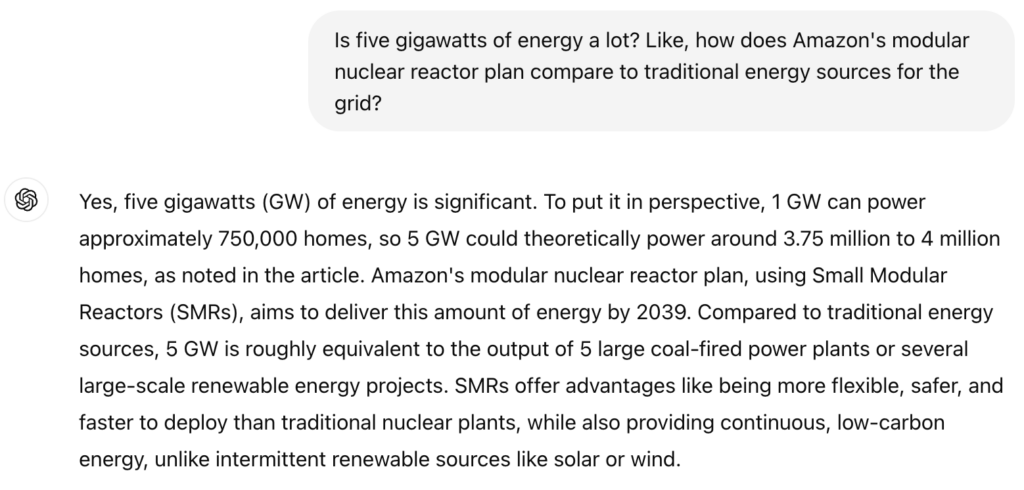Welcome to the newest edition of ID Tech’s AI update. Here’s the latest big news on the shifting landscape of AI and identity technology:

The US Department of Commerce is quietly investigating whether Taiwan Semiconductor Manufacturing Co. has broken sanctions rules through the sale of AI or smartphone chips to Huawei. The latter is a major target in the U.S.-China AI rivalry, and landed on a sanctions list in 2020, when it was banned from acquiring chips made with U.S. equipment.
TSMC reported better-than-expected earnings for the latest quarter and raised its guidance for Q4. Net profit was up 54 percent, reaching just over $10 billion; and the chipmaker expects revenues in the range of $26.1 billion to $26.9 billion in the next quarter. “The demand is real and I believe it’s just the beginning,” said CEO C.C. Wei.
The new head of Saudi Arabia’s King Abdullah University of Science and Technology (KAUST) has sided with the US in its AI rivalry with China. Professor Sir Edward Byrne said that as head of Saudi Arabia’s flagship research institute, he will prioritize relationships in “the areas I know best, which are the UK, Europe, and the US.” He is keen to ensure that KAUST retains access to American-made AI chips and related technologies.
Amazon has partnered with Databricks, which will use Amazon’s Trainium AI chips in its AI training platform. Databricks’ business revolves around helping other companies to build and refine their AI models. To that end, it has already been using Amazon Web Services, through which it rents access to Nvidia GPUs. It claimed a $43 billion valuation in September of 2023.
Amazon will also anchor a $500 million funding round for X-energy, which makes modular nuclear reactors that can help to power data centers. The companies expect to get over five gigawatts of supply onto the SMR grid by 2039, which is apparently enough to power four million homes. Citadel’s Ken Griffin, Ares Management Corporation, and the University of Michigan are among the other participants in the funding round.
Intel and AMD have established an x86 Ecosystem Advisory Group, which also includes Google, Meta, and Microsoft. The architecture has been around since 1978, and is meant to enhance computer processing. It has been refined over the years and remains widely used, with many AI frameworks and libraries optimized for it. Now, AI workloads and competition from Arm-based processors have prompted tech rivals to work together on a concerted upgrade that will enhance interoperability and simplify development.
Lightmatter Inc. has reached a valuation of $4.4 billion after a Series D funding round led by T. Rowe Price Associates. The startup is working on computing technology that uses light beams instead of wires to communicate information. It will use the funding to help develop its “Passage” device, which is designed to enable optical data communications between different types of chips.
Google has moved its Gemini AI chatbot team into its Deepmind AI research unit. Previously, the Gemini team was inexplicably working under Google’s search and ads department. And the head of DeepMind was mandated with overseeing both his own unit’s research efforts and those of Gemini, without being in charge of how products were rolled out, according to The Information. CEO Sundar Pichai is hoping the change will help Google to better compete with OpenAI and other rivals.
ETH Zurich, INSAIT, and LatticeFlow AI have launched COMPL-AI, billing it as the first compliance evaluation framework for Generative AI models under the European Union’s AI Act. It’s meant to help companies make sure their generative AI models align with the AI Act’s regulations, and could serve as a model for similar frameworks in adjacent AI areas such as facial recognition.
The chatbot’s take: It seems like GPT-4o might be a bit of a Nuclear Bro.

–
October 18, 2024 – by Alex Perala







Follow Us